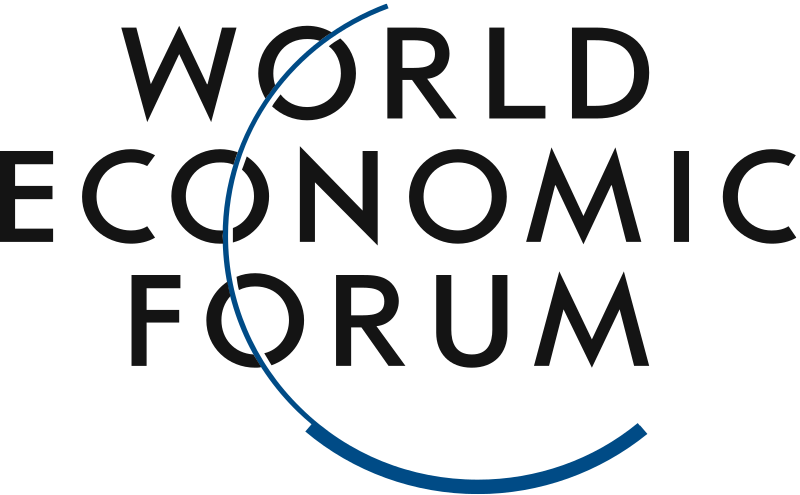
The World Economic Forum (WEF) is an international non-governmental organization founded in 1971 by Professor Klaus Schwab. Headquartered in Cologny, Switzerland, the WEF brings together business, political, academic, and societal leaders from around the world to discuss global economic issues and shape agendas for the future. Its primary mission is to improve the state of the world by fostering public-private cooperation in tackling complex global challenges.
The WEF is best known for its annual meeting in Davos, Switzerland, which attracts prominent figures from various sectors, including CEOs, government officials, academics, and influential thinkers. The Davos summit serves as a platform for discussing key issues such as economic development, climate change, technological innovation, inequality, and global security. The event also facilitates networking and collaboration among stakeholders to create solutions to pressing problems.
Beyond the annual meeting, the WEF organizes regional meetings and initiatives that focus on specific areas, such as the Fourth Industrial Revolution, global health, sustainable development, and future of work. These initiatives aim to drive impactful change by encouraging the sharing of knowledge, fostering innovation, and aligning efforts across sectors. The WEF also publishes influential reports, including the Global Competitiveness Report and the Global Risks Report, which provide valuable insights into the state of the global economy, emerging risks, and future trends.
In addition to its flagship meetings and reports, the WEF is a hub for collaboration through its various task forces and industry groups. The organization encourages partnerships that tackle issues from climate action to education reform and social inclusion, with a focus on creating sustainable, inclusive solutions that benefit all parts of society.
The WEF continues to play a critical role in shaping global economic discourse, bringing together diverse voices to address the most urgent challenges of our time.
